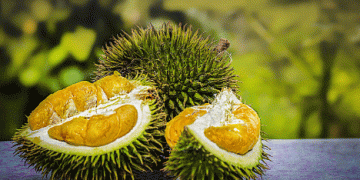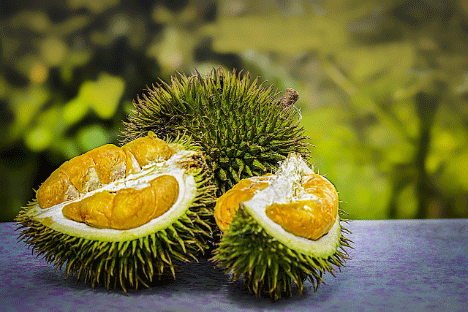Vietnam’s fruit and vegetable exports have experienced impressive growth, establishing the country as a major player in the global agricultural market. In 2024, the value of these exports is expected to reach a record high of $7.2 billion, driven by the strong performance of key products like durian and dragon fruit. As the country continues to capitalize on its growing reputation for high-quality produce, it is also exploring new markets and expanding existing ones.
One of the most notable developments is the expected approval of Vietnamese passion fruit for export to the United States. If this move is successful, it will open up a new, lucrative market for Vietnamese producers. At the same time, exports to Australia are also anticipated to grow, as demand for tropical fruits continues to rise. This growth reflects Vietnam’s ability to not only meet the demand for its traditional exports but also diversify its offerings to cater to global tastes.
Despite these positive trends, challenges remain. The European Union has recently intensified inspections of imported goods, a move that could affect the smooth flow of Vietnamese produce into European markets. Additionally, there is a growing need for more processing capacity within the country to increase the value-added aspects of the exports. Processed products like dried fruits, juices, and jams can fetch higher prices, contributing to improved profitability for Vietnamese farmers and exporters.
However, the country is making strides in overcoming these obstacles. Improvements in production practices and adherence to international import standards have helped enhance the competitiveness of Vietnamese fruit and vegetable exports. The country’s ability to meet stringent quality requirements, such as pesticide residue limits and packaging standards, has helped it secure a stronger foothold in high-demand markets.
Vietnam’s fruit and vegetable exports are on an upward trajectory, with the 2024 record of $7.2 billion demonstrating the success of its agricultural sector. While challenges such as stricter EU regulations and the need for more processing infrastructure remain, the country’s focus on quality improvement and market diversification is positioning it for continued success. As Vietnam strengthens its presence on the global market, its fruits and vegetables will likely remain key players in international trade, benefiting both producers and consumers worldwide.































